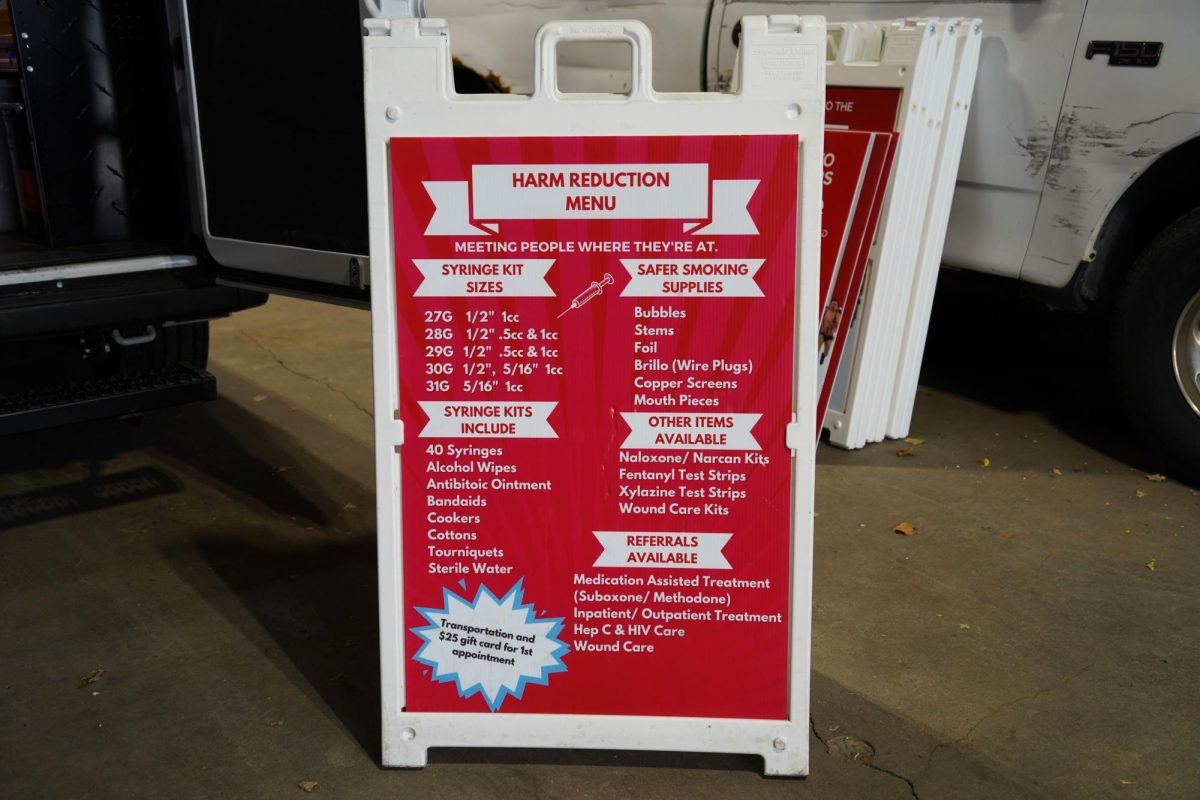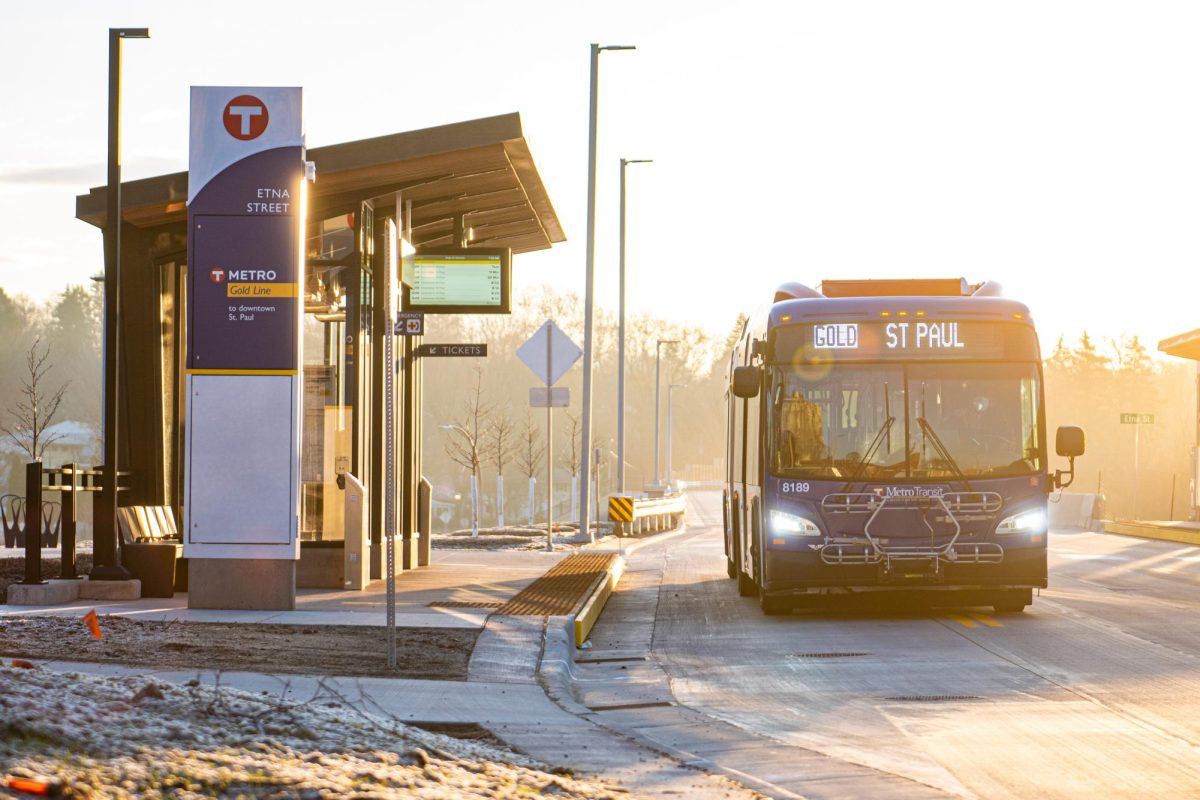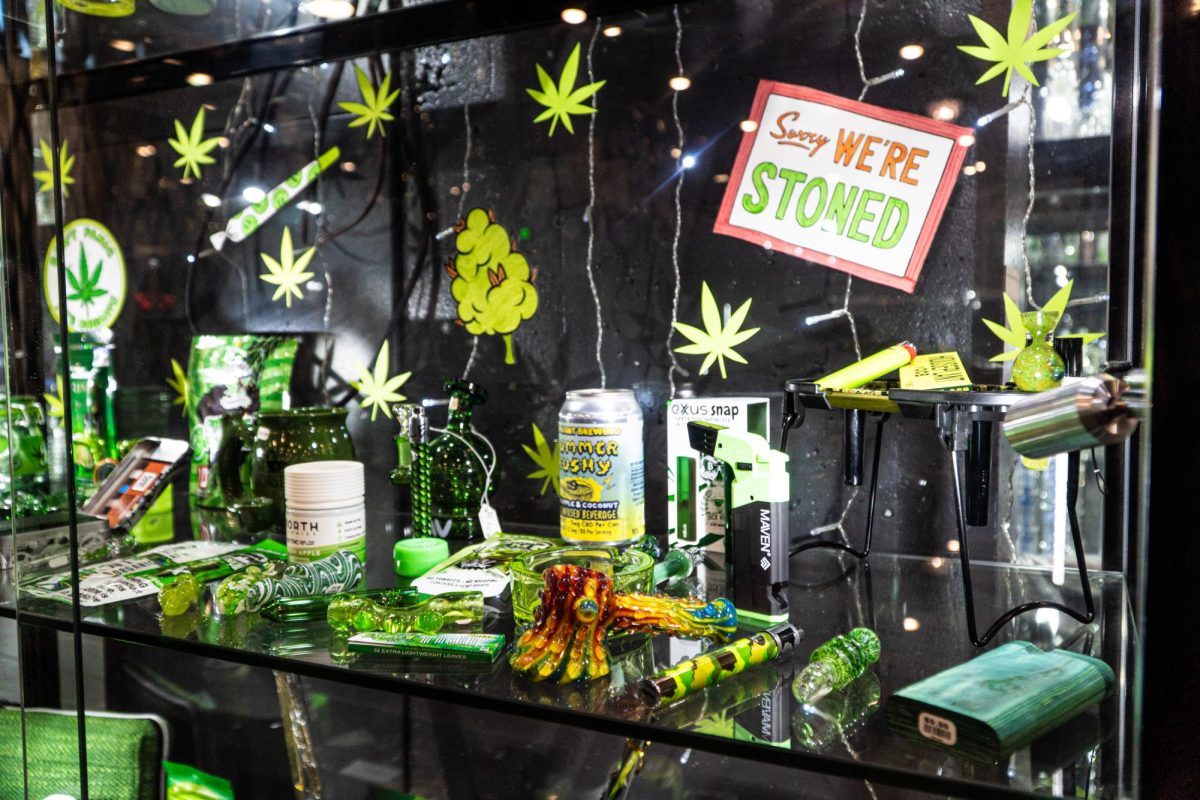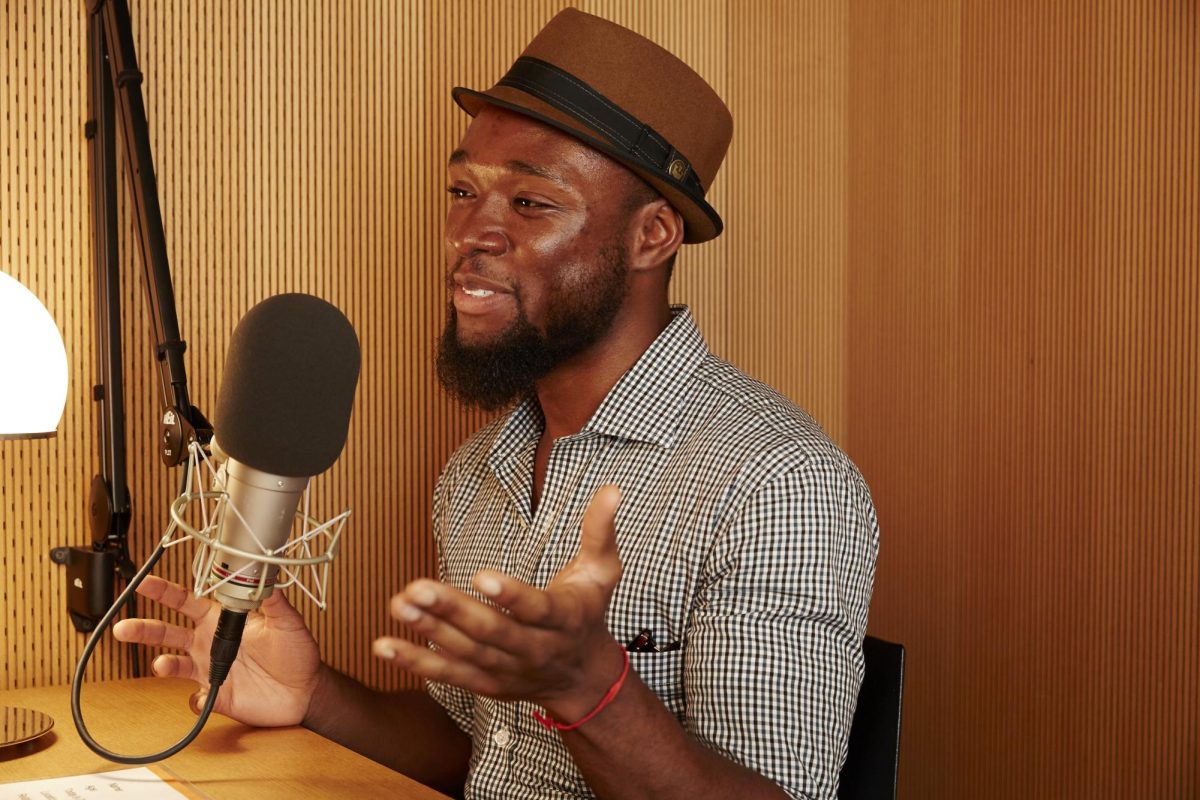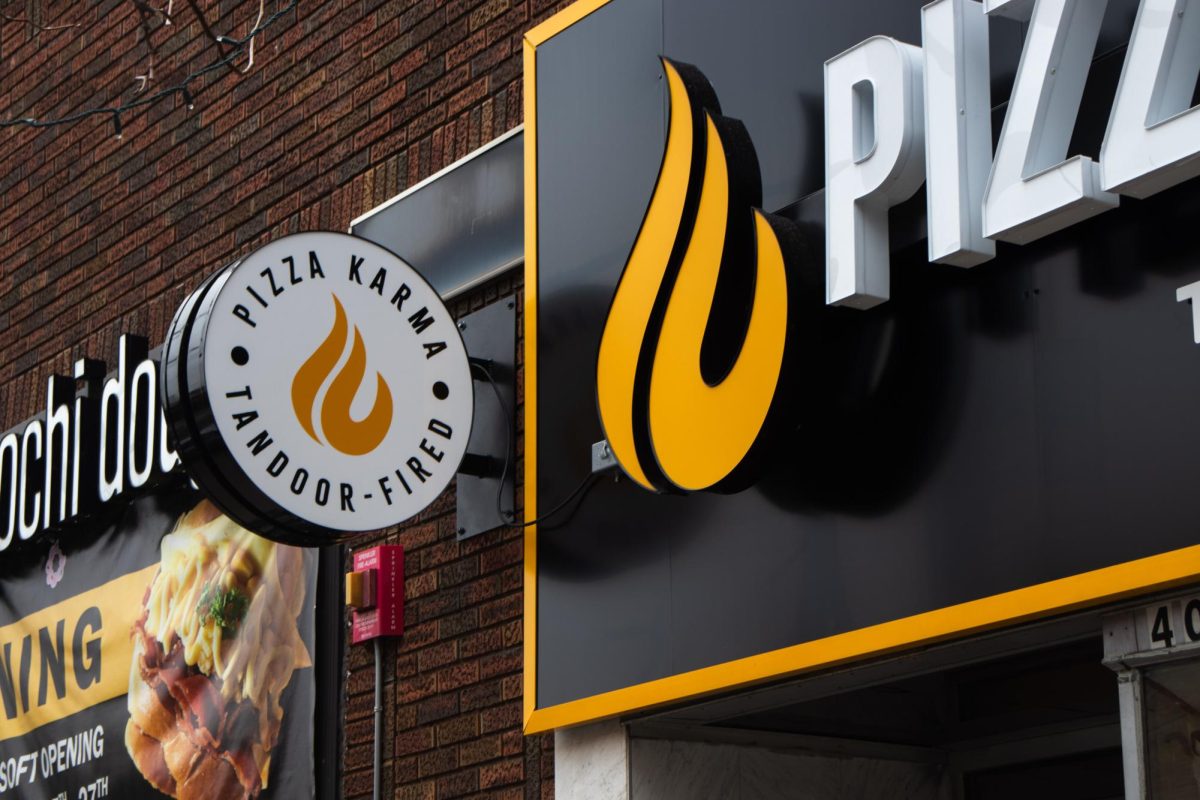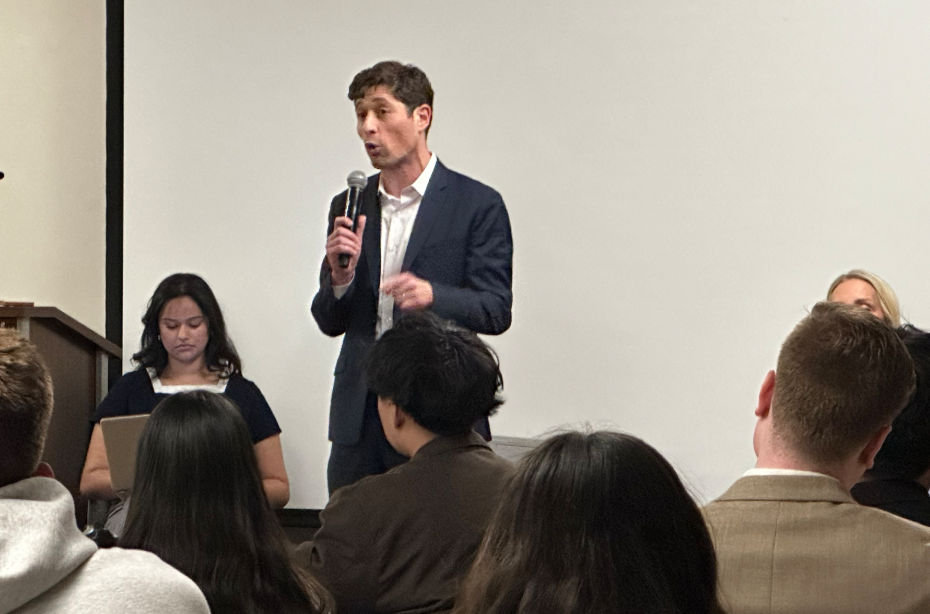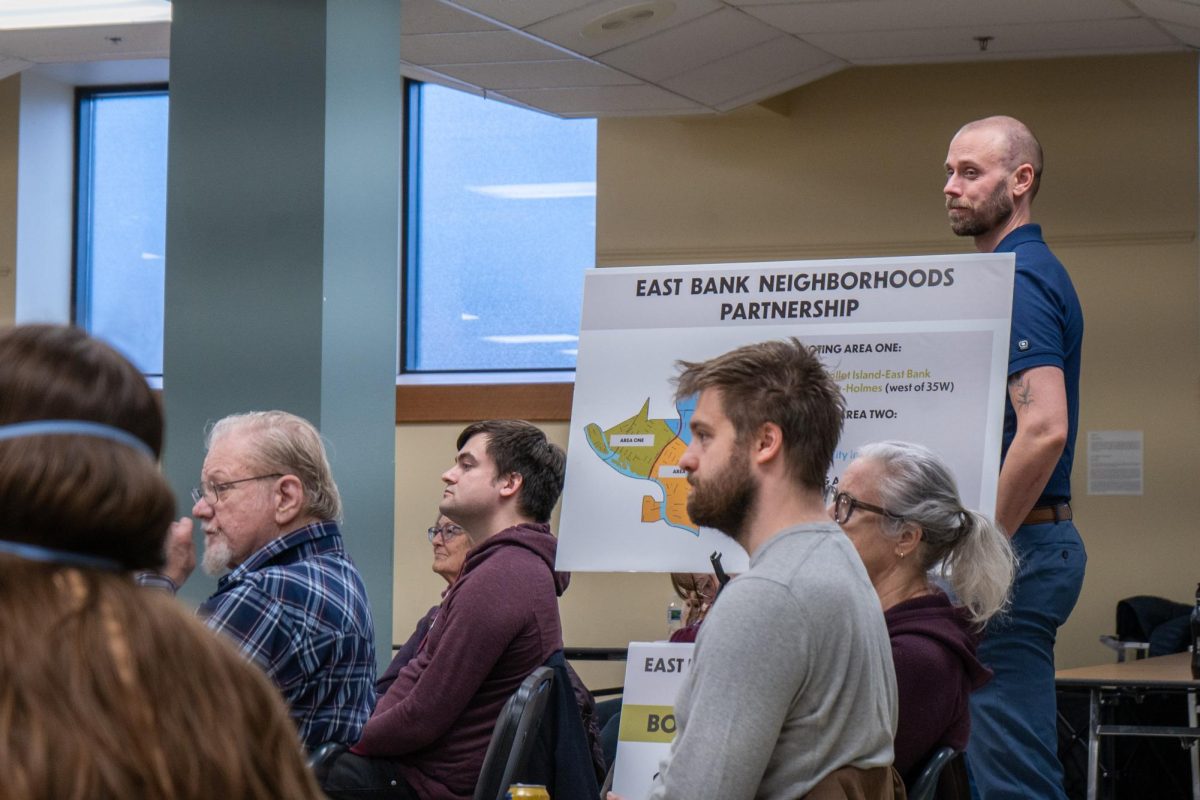The Aliveness Project opened its first public THRIVE clinic on World Aids Day on Dec. 1.
Located on Nicollet Avenue, the clinic offers confidential human immunodeficiency virus (HIV) testing, counseling service, and PrEP prescriptions for people at high risk for exposure to HIV. PrEP can come as an everyday medication or a 60-day injection that reduces a patient’s risk of getting HIV.
Clinical Services Director Matthew Hoppe said he is the highest- prescribing injectable prep provider in the state and each day since the clinic opened around is different.
“We probably see anywhere from seven to 15 people a day and that’s mental health, that’s PrEP, it’s PrEP follow-ups,” Hoppe said. “So it’s hard to say what a typical day is like because every day is different.”
The clinic works to keep people who are HIV negative stay that way and helps people who are HIV positive, Associate Director of Prevention and Clinic Operations Joe Franco said.
“In Minnesota, there are about 350 new diagnoses for HIV per year. The tools to end HIV are medication for folks living with HIV and PrEP for folks that are not living with HIV,” Franco said. “We essentially have the tools to end HIV and what Matt’s doing by expanding services in this community is just allowing people who are HIV negative to stay HIV negative.”
Some services the clinic offers include sexual health help, PrEP and PrEP follow-up, and mental health resources.
The Minnesota Department of Health declared an HIV outbreak in two different categories of outbreak, those who inject drugs and men who have sex with men who inject drugs, Hoppe said. The THRIVE clinic has the largest outreach team in the state, with around 3,500 HIV tests and 20 new cases of HIV identified per year.
Through a Centers for Disease Control and Prevention grant, the clinic was able to purchase a van named “Thrivey” that goes to three different locations — Lake Street, Midtown Global Market and the St. Paul Opportunity Center — to service the homeless community, said Sully Macon, outreach and prevention worker.
A menu is propped up outside of the van showing what people can ask for, Harm Reduction Specialist Eliza Davis said. The sign makes asking for supplies less stigmatizing, Davis added.
Some available supplies include syringe kits, wound care and harm reduction testing, along with HIV testing.
The Aliveness Project has been around for 40 years and Hoppe said the disparities in substance abuse and mental health are evident, hence the need for the THRIVE clinic.
“We're already getting people coming here for food, for case management, for the dietician, for housing services, (I) mean what better place to step in and get your mental health checked out?” Hoppe said. “My long-term goal is to do primary HIV care or just primary care across the board here, which will be coming soon.”
Franco said a pharmacy inside the THRIVE clinic will be opening in 2025, another way to reduce barriers to medication.
The THRIVE clinic is important, as Hoppe said he gets between eight and 10 new patients every week.
“There are a lot of primary (care) providers who, for whatever reason, are uncomfortable prescribing PrEP, which doesn't make any sense to me. It's no different than giving somebody a vaccine you're preventing,” Hoppe said. “We eliminate as many barriers as we can. We try to make it as easy as possible and as low cost as can be."


